CATIE continues strengthening evidence-based agricultural research
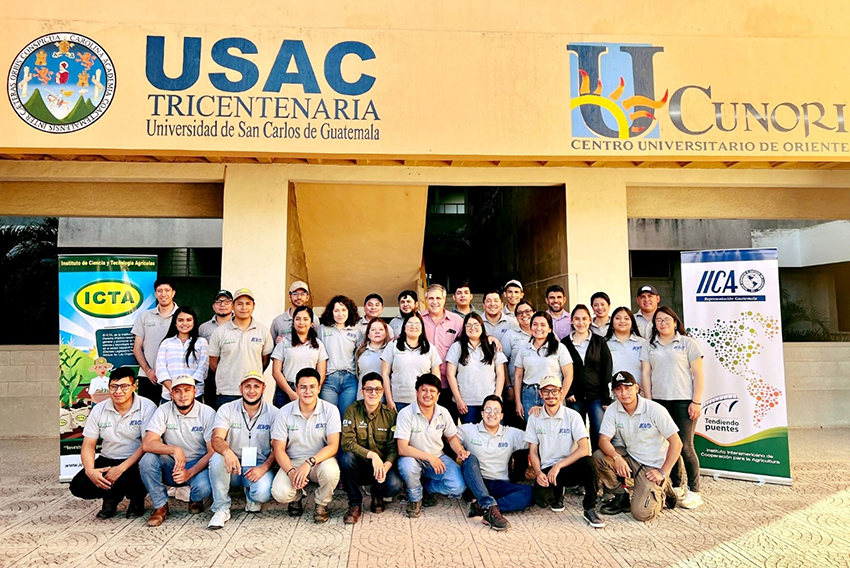
- Professional women and men from ICTA in Guatemala acquired new knowledge on advanced statistics.
February 14, 2024. The second workshop on advanced statistics given by CATIE (Tropical Agricultural Research and Higher Education Center), in coordination with the Institute of Agricultural Science and Technology (ICTA) of Guatemala, ended on February 3, as part of the strategic alliances for the process of training professional personnel specialized in agricultural research. This training process began on January 22 in Chiquimula, at the facilities of the Centro Universitario de Oriente (CUNORI) of the Universidad de San Carlos de Guatemala.
Julio Lopez, CATIE's representative in Guatemala, commented that two courses have been held, the first of which was held in 2023 in Quetzaltenango, with the participation of 28 young people involved in research. He added that this process has been a CATIE collaboration for the Program to Strengthen the Capacities of Guatemalan Institutions in Agricultural Research to Support Rural Agricultural Development (CRIA), financed by the United States Department of Agriculture (USDA) and executed by the Inter-American Institute for Cooperation on Agriculture (IICA).
According to Eduardo Say, CATIE's project specialist in Guatemala, the main objective of this course was to strengthen the knowledge and skills of ICTA's professional staff, who work in the field of agricultural research in different regions of the country. Say explained that the application of advanced statistics will allow them to take a deeper look at the research to accurately analyze the evidence collected.
The course was given by Fernando Casanoves and Eduardo Corrales, both from CATIE's Biostatistics Unit, who focused on strengthening the participants' knowledge and skills in advanced statistical modeling and multivariate analysis of experiments, using the statistical software InfoStat as an analysis tool.
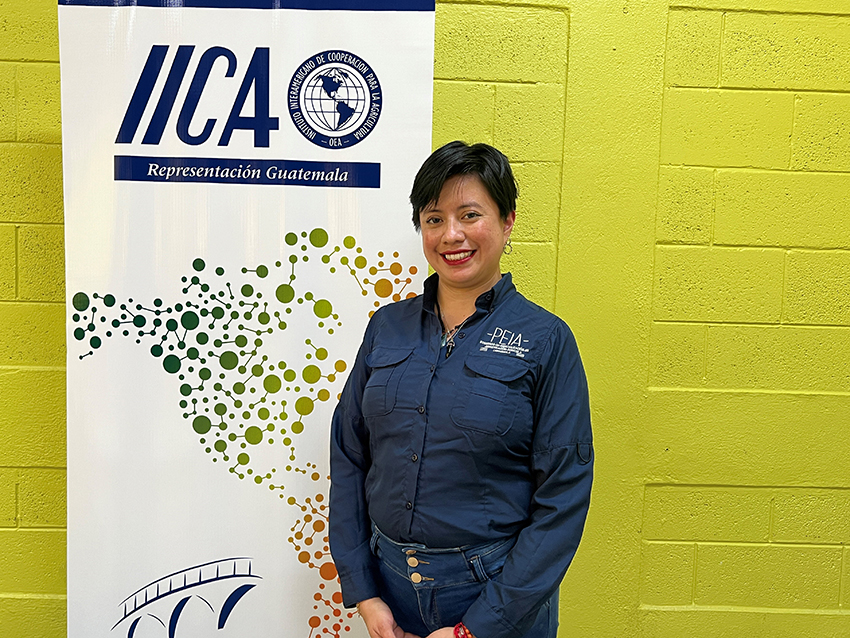
Astrid Camposeco, course participant, indicated that the training provided her with elements to process, analyze and interpret data, since agronomy is extensive and there are specific sectors that experiment in search of viable solutions for the population.
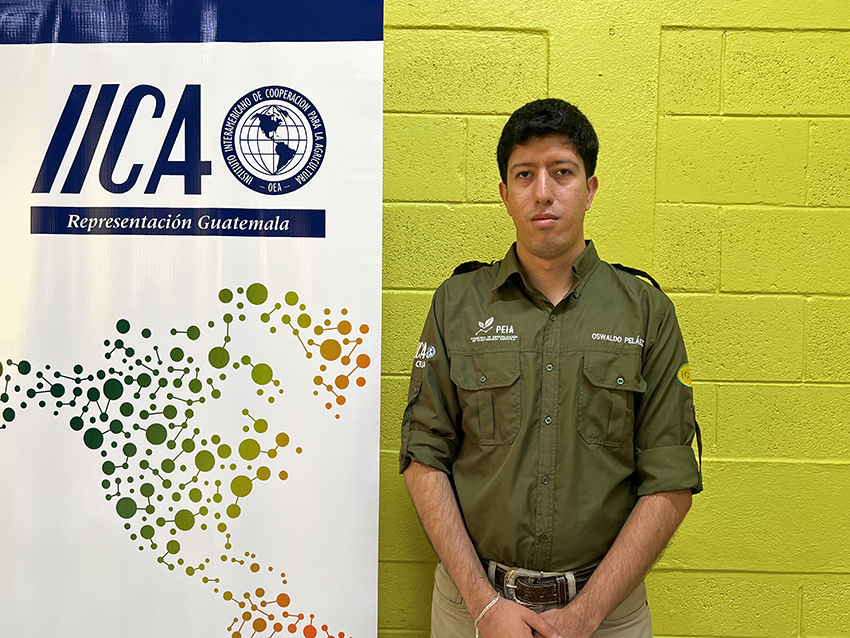
On the other hand, the participant, Edgar Oswaldo Pelaes, who is currently preparing his thesis for his degree in Horticultural Production Systems Engineering, indicated that the course gave him other perspectives on statistics, finding different ways to analyze variables, data and documents, which he will use to design evidence-based research.
The course benefited 31 young undergraduate and graduate students of Specialization in Agricultural Research from the departments of Chiquimula, Zacapa, Baja Verapaz and Chimaltenango, who are trained to play key roles in agricultural research in Guatemala.
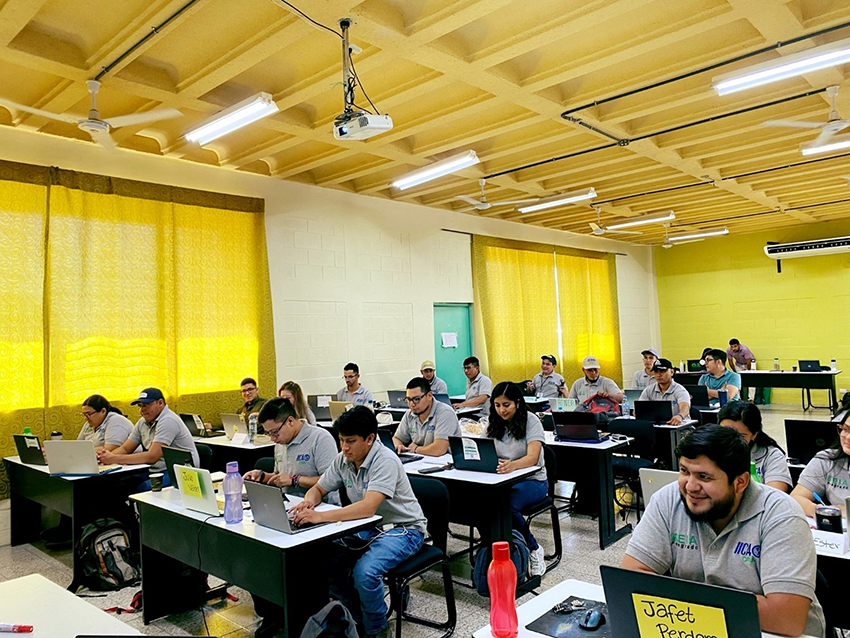
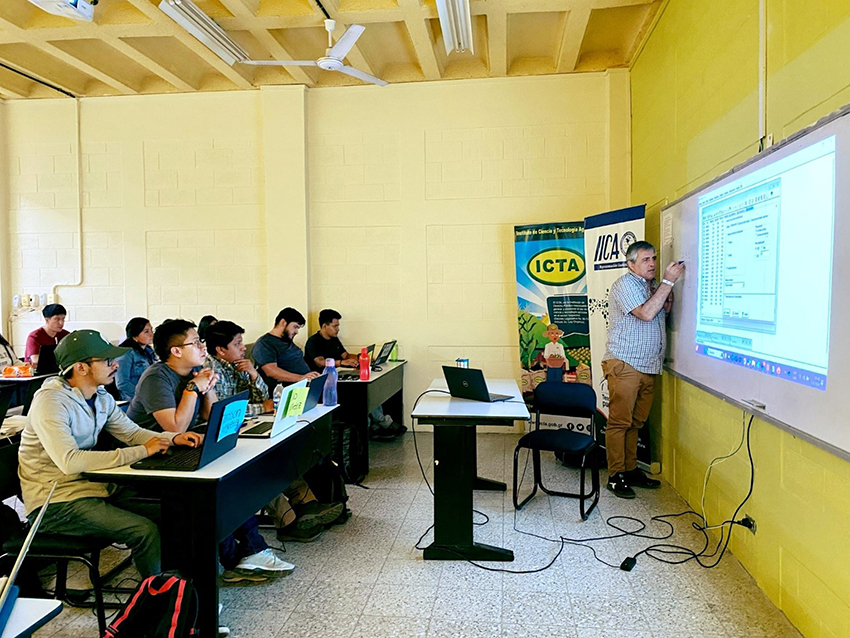
Written by:
Karla Salazar Leiva
Communications Officer
Communications and Marketing Office
CATIE
karla.salazar@catie.ac.cr
Tag:capacitación, estadística, Guatemala




